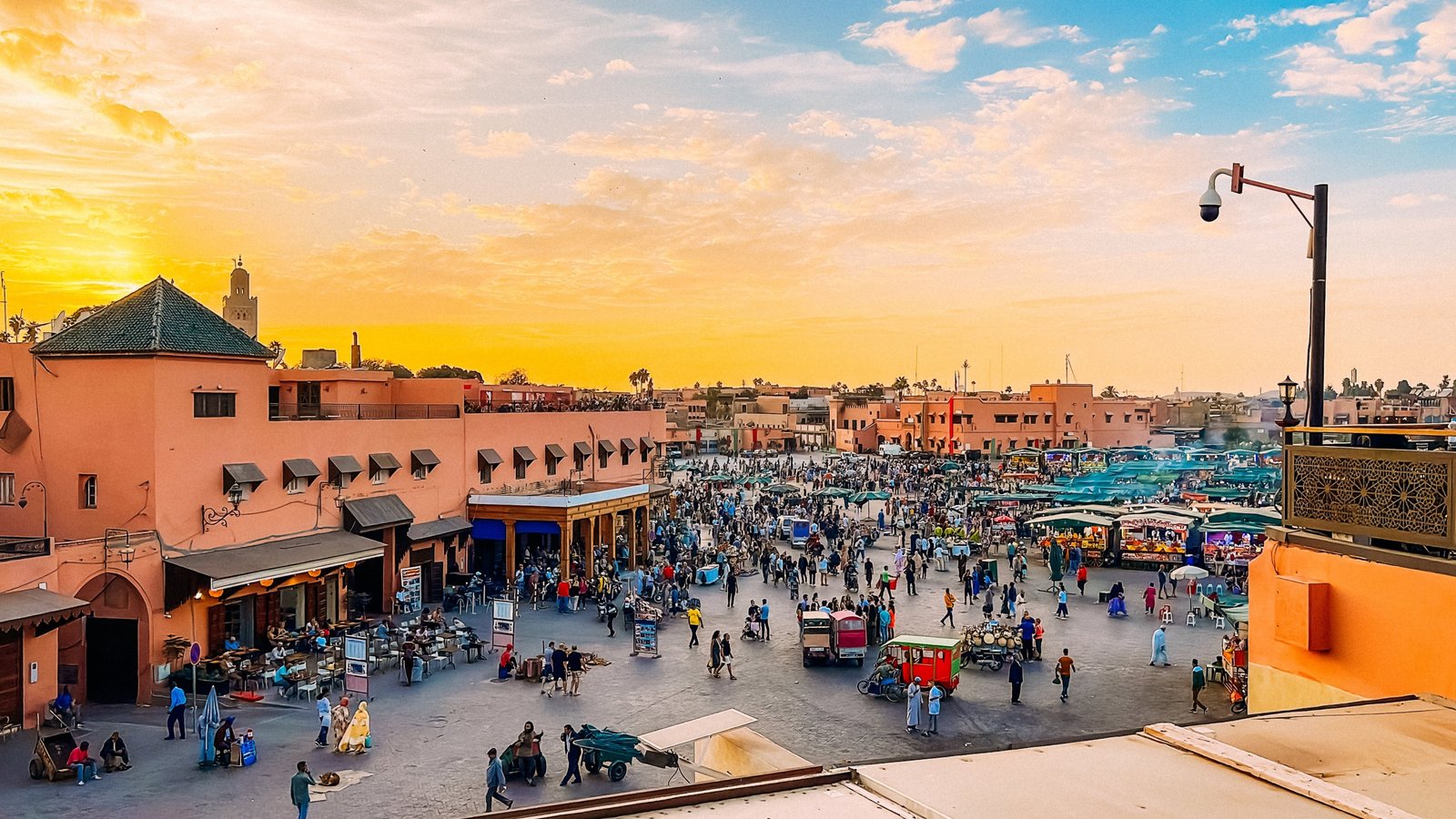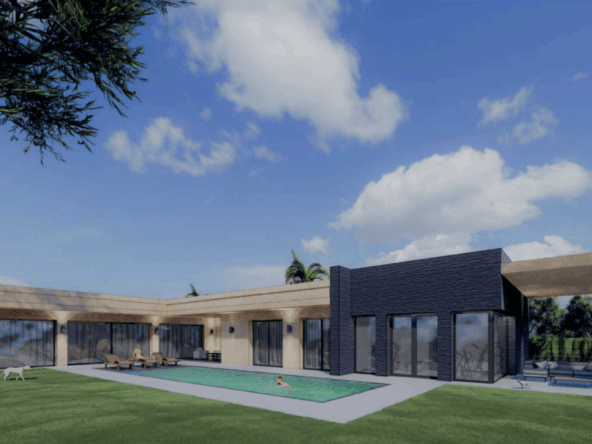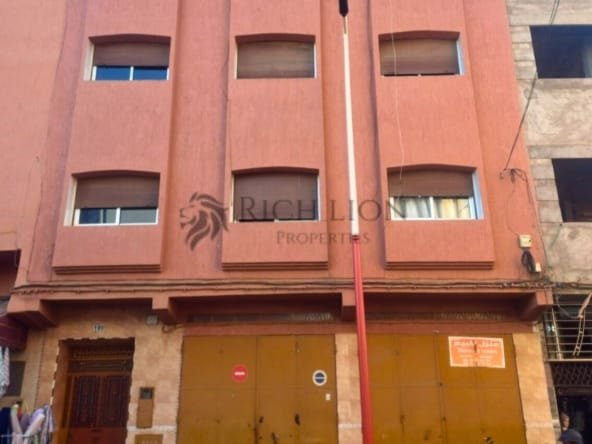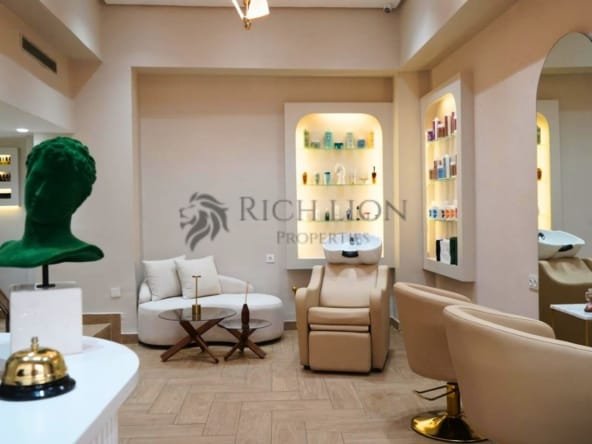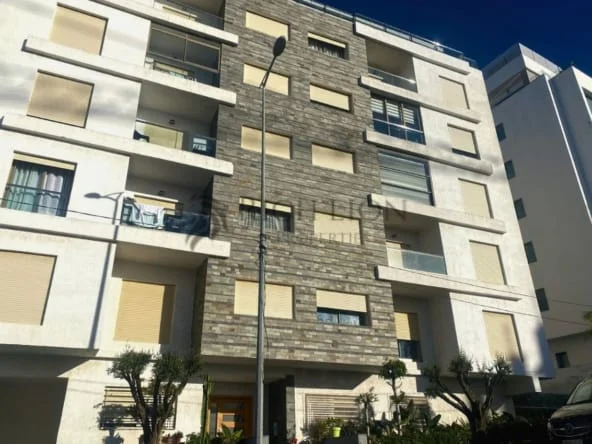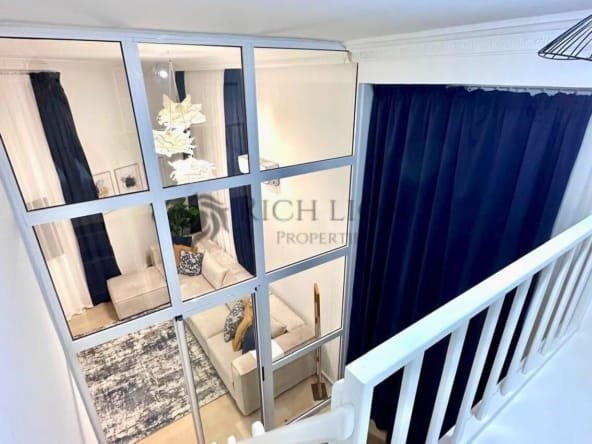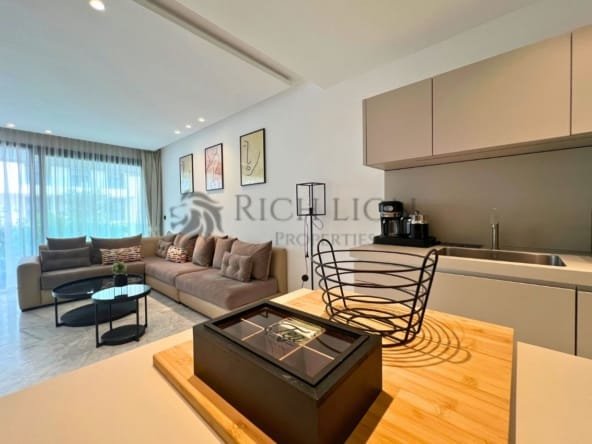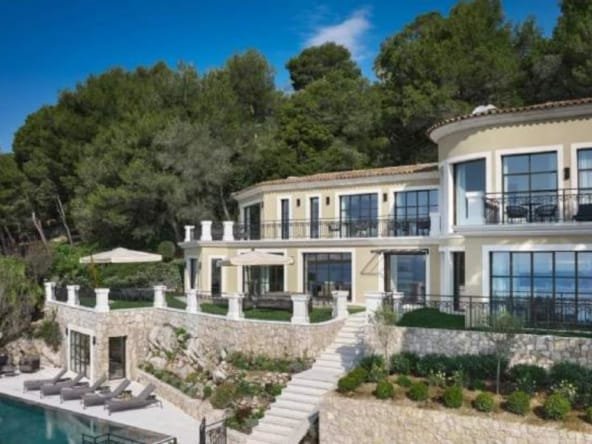Morocco is an interesting country known for its lively culture, stunning scenery, and old cities. Over the years, it has become a popular place for people to buy land, either for their own use or as an investment. If you want to buy a home in Morocco, this guide will explain the process, the pros and cons, and how to do it.
How the Moroccan real estate market works
There are many types of real estate in Morocco, such as apartments, riads (traditional Moroccan homes), villas, business properties, and plots of land. People want to buy homes in Marrakech, Casablanca, Tangier, and Rabat because they offer a unique mix of old and new.
Turnkey Luxury Beauty Salon in Racine – Fully Equipped
- MAD500,000
- 38 sqm
- Salon
Prices for real estate vary by area. For instance, homes in Marrakech and Casablanca usually cost more than homes in smaller places. You need to do market research to find something that fits your wants and budget.
Why buying a home in Morocco is a good idea
-
Affordability: Compared to many other countries, real estate in Morocco is not too expensive. You can find very nice homes that cost a lot less than they do in the US or Europe.
-
Tourist cities like Marrakech and Tangier are great places to invest because they can bring in a lot of money from short-term rentals.
-
Cultural Appeal: If you own a home in Morocco, you can fully experience the country’s rich culture, wonderful food, and friendly people.
-
Tax Advantages: The country has tax policies that are good for property owners, such as not taxing rented income for a certain amount of time.
Property in Morocco
“Morocco property” can mean a lot of different kinds of real estate in the country. Morocco’s real estate market has something for everyone, whether you want a modern flat in Casablanca, a historic riad in Fez, or a house on the beach in Tangier.
Because each type of property has its own benefits, you should think about your needs and wants before making a choice.
The laws and rules that apply to foreign buyers
Foreigners don’t have to follow many rules to buy property in Morocco. They can’t buy farmland, though, unless it’s changed so it can’t be used for farming. A lot of people own their homes freehold, which means they have full control over them.
It is best to hire a local lawyer to help you with the legal steps, such as proving ownership, making sure there are no disputes over the land, and registering your purchase.
How to Buy a House in Morocco, Step by Step
-
Plan your money and your goals.
Figure out how much you’re willing to spend and what kind of home you need. This helps you choose what you want and keeps you from spending too much. -
Find Professionals You Can Trust
Hire real estate agents, lawyers, and notaries with a lot of experience who know the rules and customs of Morocco. -
Look around for homes.
Look at web listings, go see properties in person, and go to property shows. Make sure that the place meets your needs. -
Do Your Due Diligence
Find out what the property’s legal standing is. Look at it to see if it has any bills, disputes, or claims against it. This can be done with the help of a lawyer. -
Talk about the deal and sign it.
Talk about the price and the terms. In the event that you agree, you must sign and send a fee. -
Finish up with payment and registration.
Use safe methods to pay the rest of the amount. At the town land registry office, put the property in your name.
How to Pay for Your Home Purchase
If you need help paying for the item, there are financing choices available. People from outside of Morocco can get mortgages from Moroccan banks, but you have to meet their standards. Proof of income, identification, and credit history are all common papers that are needed.
If you can’t get a mortgage in your own country, you can also look into loans from foreign banks. It is easy to find the best deal if you compare interest rates and terms.
Fees and taxes that come with buying a house
When you buy a house in Morocco, you’ll have to pay more than just the price:
-
The registration tax is usually 4% of the value of the land.
-
Fees for the notary: about 1% of the value of the land.
-
VAT: 20% of the price of a new home is taxed.
-
The annual property tax is different for each type of land and will depend on where it is located.
You should include these prices in your budget so that you don’t get caught off guard.
Problems and risks to think about
It can be satisfying to buy a home in Morocco, but there are some things you should know before you do so:
-
Unlicensed Agents: To avoid scams, make sure you only work with licensed experts.
-
Legal Disputes: It may not be clear who owns some properties, or there are pending legal problems.
-
Cultural Differences: The way people negotiate and the way they set deadlines may be different from what you’re used to.
Being aware of these problems and ready for them makes the process go more smoothly.
How to Have a Smooth Shopping Experience
-
Get to know people in the area and real estate agents to learn more about the market.
-
If you don’t speak French or Arabic well, hire a skilled translator.
-
Take your time to look at a number of properties and weigh your choices.
-
Make sure that all deals and contracts are clear and follow the law.
Investing in Morocco: What the Future Holds
Morocco’s economy is growing, which means there are more chances to invest in real estate. With their growing ports and tourist industries, cities like Tangier offer good returns. You can make a steady income by renting out your home to guests or long-term tenants.
As Morocco continues to improve its facilities and gain attention from around the world, the prices of homes in great areas are likely to go up. Now is a good time to put money into stocks.
In conclusion
Buying land in Morocco is a great idea because it is affordable, has a lot of history, and could be a good investment. You can make a smart buy if you know the market, follow the law, and work with professionals you can trust. Morocco has something for everyone, whether you want a second home, a place to retire, or to rent out and make money.
Today, take the first step and look into the options. The real estate market in Morocco is ready for you!
